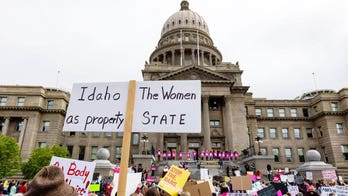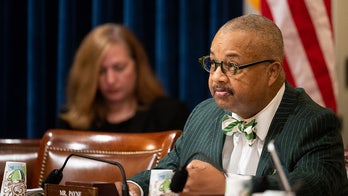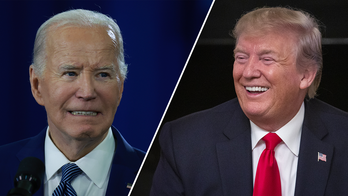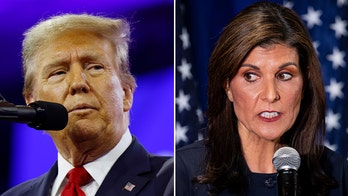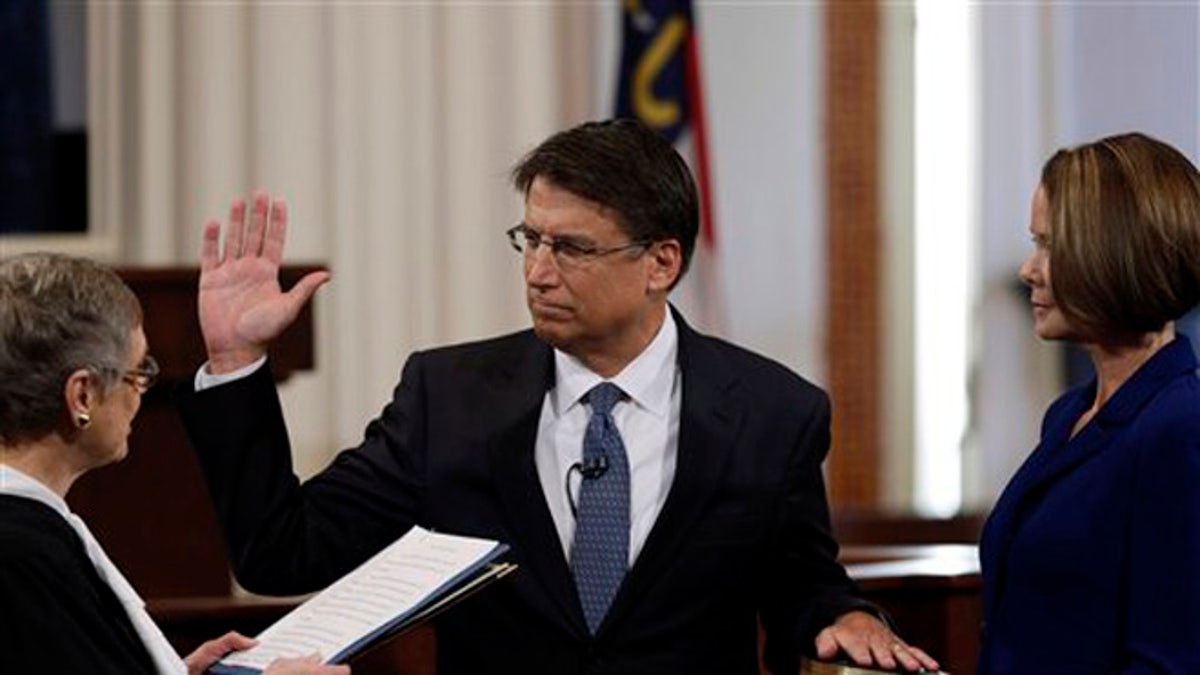
FILE: Jan. 5, 2013: Then-Gov.-elect Pat McCrory is sworn in as North Carolina governor in the House chamber of the old Capitol building in Raleigh, N.C. (AP)
North Carolina Gov. Pat McCrory signed into law Monday changes on how residents can vote that includes requiring them to show a photo ID at polling stations.
“Common practices like boarding an airplane and purchasing Sudafed require photo ID, and we should expect nothing less for the protection of our right to vote,” the Republican governor said in a statement.
McCrory also said residents “overwhelmingly” support the “common sense” law and that North Carolina is following 34 other states in requiring some form of vote ID.
“While some will try to make this seem to be controversial, the simple reality is that requiring voters to provide a photo ID when they vote is a common sense idea,” McCrory also said. “This new law brings our state in line with a healthy majority of other states throughout the country.”
Within hours of McCrory’s signing, the American Civil Liberties Union announced that it and two other groups had filed a lawsuit challenging the Republican-backed legislation.
The suit specifically targets the part of the law that eliminate a week of early voting, end same-day registration, and prohibit "out-of-precinct" voting.
The changes will not take effect until the 2016 elections, the governor said in a 95-second video his office posted on YouTube.
The new law allows voters to cast a provisional ballot if they come to a polling station without proper ID. The hours to cast an early ballot remain the same, and there will be 10 days for voters to cast their ballot early.
However, the new law will not allow a person to register and vote on the same day. Other changes include an effort to reduce the “pay-to-play” culture of politics by placing additional campaign finance restrictions on lobbyists, according to the governor’s office.
Supporters of the legislation say it is meant to prevent voter fraud, which they claim is both rampant and undetected.
Critics, including Democrats and libertarians, suggested the true goal is to suppress voter turnout, especially among blacks, the young, the elderly and the poor.
The Associated Press contributed to this report.

